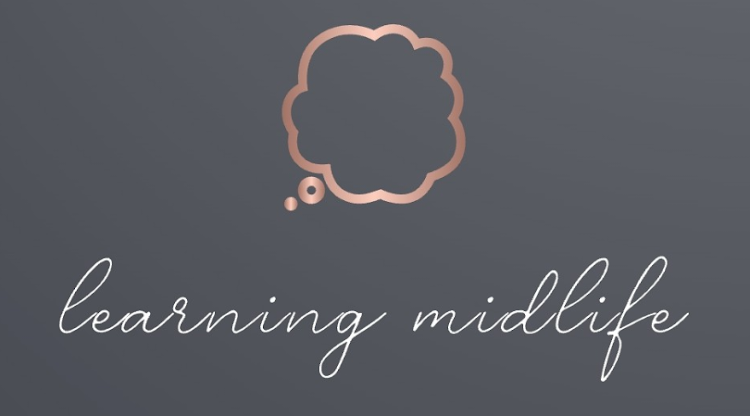If you have landed on this page, then welcome and hello. As the blog title suggests, this is a shared space for navigating the murky avenue of ‘midlife’. I created this blog, so that I can share with you, all the weird and wonderful things I have trialled, adopted and dabbled in, during this strange transitioning time of life. My life now, looks 100% opposite, to how it was 5-10 years ago. There was a significant period of change for me and in all honesty, my transforming is still evolving. I’m now in a place where I accept that life is a continuous journey and we all have a story to tell, so that we can share, learn and support each other. Let me get straight to it – my roles have changed, my body (internal and external) have changed, my outlook of life has changed, what I place importance on has changed, my relationships have changed, my relationship with myself has changed and my priorities have changed. Please use this platform to recognise that you are not alone and we...
Blueberries and Brain Health
Did you know that the humble blueberry is packed full of nutrients to support and maintain brain function. Look it up....its a wonderous fruit. Lots of research currently underway about the powerful punch this lil berry can provide. There's particular interest in this research within dementia
Emotional Changes in Midlife
Why am I crying? For absolutely no reason!
For us ladies going through perimenopause and menopause, the drop in oestrogen results in serotonin imbalance. Serotonin is basically our 'happy' hormone, so when its production becomes de-regulated, we experience fluctuations in our mood.
When addressing changes in mood during perimenopause and menopause, it's important to ensure the correct interventions are used to address the cause. Anti- depressants may be not an appropriate treatment for hormone imbalance related mood changes. Make sure to speak with a practitioner who understands women's health!
Hormones and joint pain
Did you know that estrogen has inti-inflammatory properties? So when our hormones start to fluctuate and change during perimenopause and menopause, if our estrogen levels dip, our natural ability to combat inflammation in the body can become compromised.
Inflammation directly affects muscles and joint pain and can occur for a multitude of different reasons.
Trying better understand our own body and learning what potential triggers cause our inflammation, can aid in identifying the most suitable interventions, based on our unique needs.
Benefits of Meditation
There is so much researched evidence available now to support health benefits of regularly practicing meditation. Potential benefits of practicing meditation may help to address: Anxiety, depression, stress management, blood pressure, pain, insomnia, substance misuse, reduce inflammation, ADHD and supporting with general overall wellness.
Meditation should be adopted like you would with any form of exercise, it needs to be regular and consistent if you are to reap any benefits. Expecting a miracle shift in your mindset after a few brief practices will not 'cut the mustard'.
I've personally practiced mediation for several years and my whole outlook on life has altered as a result.
From a scientific point of view, the reason that meditation works so well is all down to the way it helps to regulate neurotransmitters and literally rewires neurological circuits in the brain. It support the function of 'neuroplasticity' and can directly affect your genetic DNA!
There's tons of literature out there that you can read to increase your knowledge about meditation and the science behind why it works. Some key reads from me are 'Altered Traits' by Goleman and Davidson and books by Daniel Siegel, Ekhart Tolle & Dr Joe Dispenza to name a few.
The Love Hormone
Oxytocin, or commonly called the 'love hormone' produced in the hypothalamus, is responsible for social bonding, supporting the labour process in childbirth and producing the mothers milk. It's responsible for bonding and sexual intimacy.
Oxytocin can be produced by cuddling, physical touch and recent research has suggested that exercise and music may also increase the production of this important hormone. The love hormone
During menopause, this hormone can decrease and therefore, impact on libido.
Reishi Mushroom
Reishi Mushroom is known as a hormone regulator. Its believed to increase the sensitivity of estrogen receptors, therefore, maximising the amount of estrogen through the body.
Most health food stores sell this product, so is easily accessible.







Comments
Post a Comment